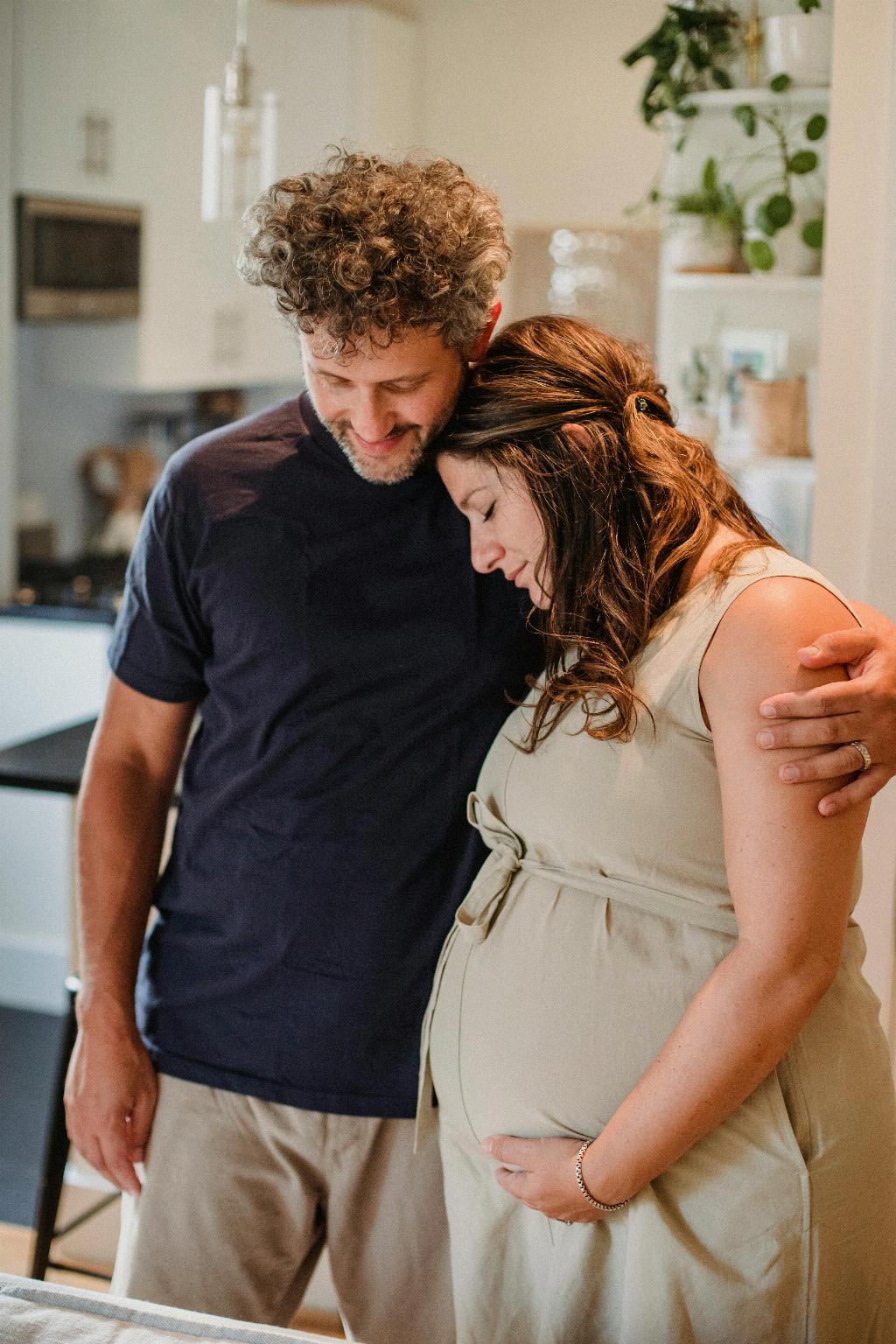Postpartum leg swelling, also known as edema, is a common occurrence among new mothers. During pregnancy, the body retains more fluid, and after giving birth, this excess fluid needs to be eliminated. It is normal to experience some degree of swelling in the legs and feet in the days and weeks following childbirth.
Normal Recovery Time
Typically, postpartum swelling in the legs should start to decrease within a few days after delivery. However, it may take up to two weeks for the swelling to completely resolve. During this time, it is important to rest, elevate your legs when possible, and stay hydrated to help your body eliminate the excess fluid.
When to Seek Medical Attention
While postpartum leg swelling is usually benign, there are certain warning signs to watch out for. If you notice that one leg is significantly more swollen than the other, this could be a sign of a blood clot, also known as deep vein thrombosis (DVT). In this case, it is crucial to contact your healthcare provider immediately.
Persistent Pain and Redness
If you experience pain in your leg when walking or if you notice a red, hot area in one leg, these could be signs of inflammation or infection. It is essential to seek medical attention promptly to rule out any serious complications, such as cellulitis or a blood clot.
Additional Symptoms to Watch For
Other symptoms that may indicate a more serious issue include shortness of breath, chest pain, rapid heartbeat, or coughing up blood. If you experience any of these symptoms along with leg swelling, do not delay seeking medical evaluation.
Reducing Swelling
In addition to contacting your healthcare provider if you have concerns about postpartum leg swelling, there are several self-care measures you can take to help reduce swelling and promote healing. These include drinking plenty of water, resting with your legs elevated, avoiding sitting or standing for long periods, and wearing compression stockings if recommended by your healthcare provider.
Importance of Follow-Up Care
It is essential to attend all postpartum follow-up appointments with your healthcare provider to ensure that your recovery is progressing as expected. If you have any questions or concerns about your postpartum recovery, do not hesitate to discuss them with your healthcare team.
Support System
Remember that you are not alone in this journey. Lean on your partner, family, friends, or a support group for emotional support and assistance with daily tasks as you recover from childbirth. Your well-being is just as important as the care you provide for your newborn.
Embracing Self-Care
Self-care is vital during the postpartum period. Take time for yourself to rest, nourish your body with healthy foods, engage in gentle physical activity as recommended by your healthcare provider, and prioritize your mental health. Remember that taking care of yourself is essential for being able to care for your baby.
Seeking Help When Needed
Do not hesitate to reach out for help if you are struggling with postpartum recovery or if you have concerns about your physical or emotional well-being. Your healthcare provider, therapist, or a postpartum support group can provide valuable resources and guidance to help you navigate this transitional period.
Final Thoughts
While postpartum leg swelling is a common occurrence, it is essential to remain vigilant and seek medical attention if you notice any concerning symptoms, such as significant asymmetry in leg swelling, persistent pain, or signs of infection. Your health and well-being are paramount as you embark on this new chapter in your life as a mother.

